International migration
International migration occupies a central place in the programme of work of CELADE-Population Division of ECLAC. After over four years of work, ECLAC is able to offer an overview of regional migratory patterns and trends and analysis of a range of topics related to human rights and development.
Activities
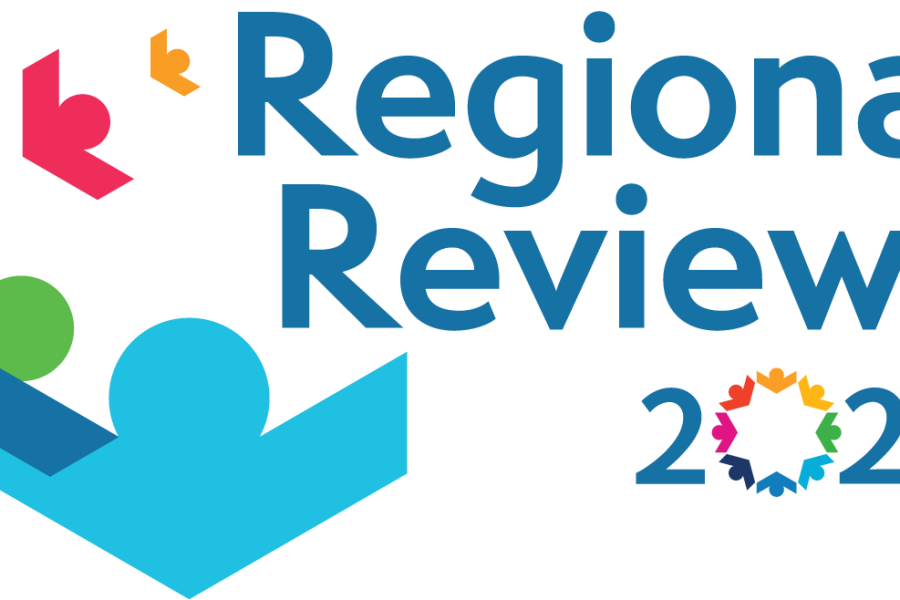
Second regional review meeting on the implementation of the Global Compact for Safe, Orderly and Regular Migration
The regional review meeting will be held on March 18-20, 2025 at the United Nations Economic Commission for Latin America and the Caribbean (ECLAC) headquarters in Santiago, Chile. It will begin with a Stakeholder Consultation on 18 March, followed by an Intergovernmental Conference on 19-20 March.
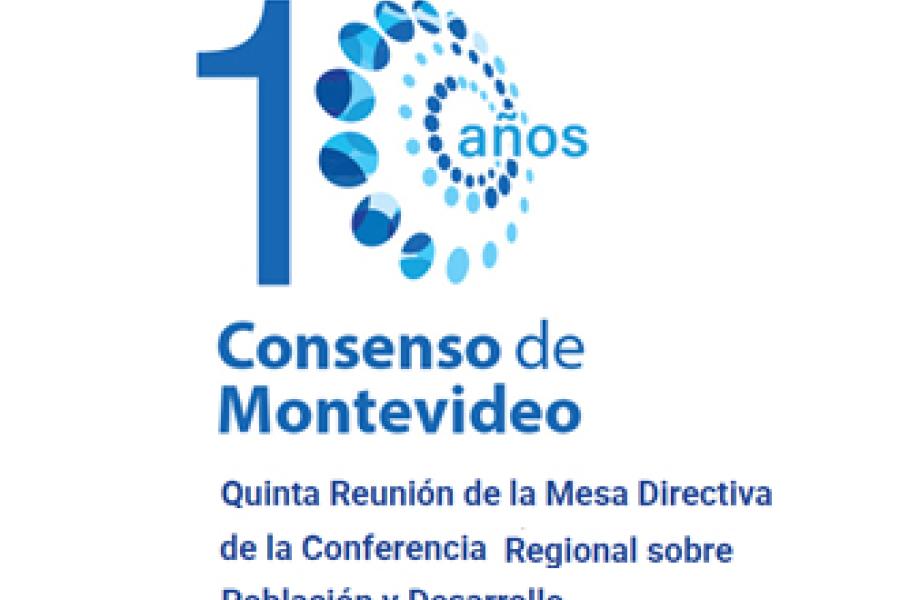
Fifth meeting Presiding Officers of the Regional Conference on Population and Development and Special session “10 years of the Montevideo Consensus on Population and Development”
La sesión extraordinaria “10 años del Consenso de Montevideo sobre Población y Desarrollo” y la Quinta Reunión de la Mesa Directiva de la Conferencia Regional sobre Población y Desarrollo de América Latina y el Caribe tendrán lugar en la sede de la CEPAL en Santiago, los días 14 y 15 de noviembre de 2023.

Regional Seminar "The Contribution of International Migration to Sustainable Development in Latin America and the Caribbean"
The objective of this seminar is to share the results of the United Nations Development Account (12th Tranche) project "Harnessing the contribution of international migration to sustainable development in Latin American and Caribbean countries", coordinated by CELADE - Population Division of the ECLAC, and to reflect on the analysis dimensions of the studies, as well as on their public policy implications.
Workshop "Contributions of international migration to sustainable development" - Jamaica
This workshop is part of the activities of the United Nations Development Account project "Harnessing the contribution of intra-regional migration to socio-economic development in Latin American and Caribbean countries" (12th tranche), which focuses on five countries (Costa Rica, Chile, Jamaica, Mexico and Peru).
News
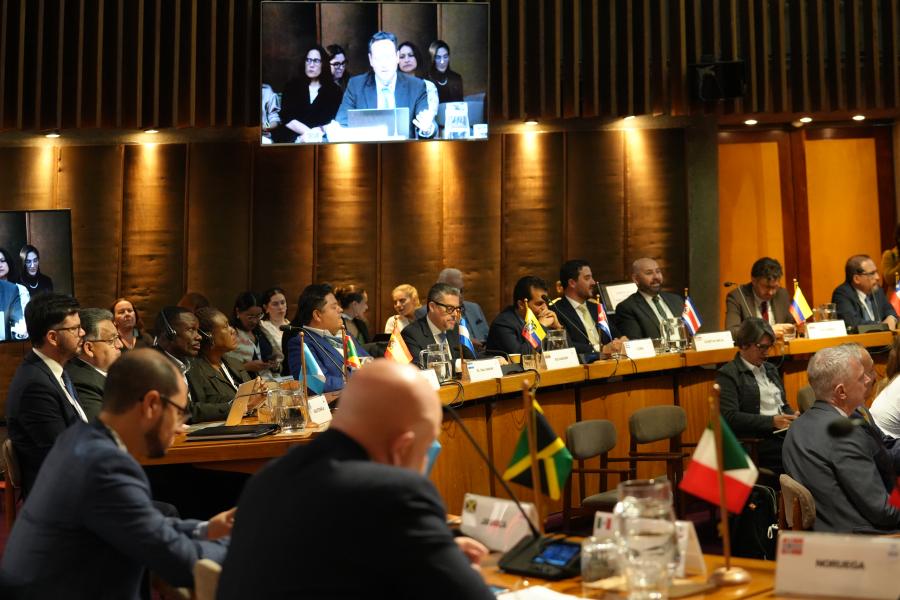
Countries Reaffirm Their Commitment to Implementing the Global Compact for Safe, Orderly and Regular Migration in Latin America and the Caribbean
At the closing session of the global agreement’s second regional review meeting, participants agreed on the importance of respecting and promoting the rights of migrants.

The Challenges Posed by Migration Require a Multilateral Response, Promoting Co-Responsibility among States and Considering the Full Migration Cycle
The second regional review meeting on implementation of the Global Compact for Safe, Orderly and Regular Migration was inaugurated today at ECLAC’s main headquarters in Chile.

Authorities Will Review Implementation of the Global Compact for Safe, Orderly and Regular Migration in Latin America and the Caribbean
The meeting, co-organized by ECLAC and the IOM, will take place on March 18-20, 2025 at the UN regional commission’s main headquarters in Santiago, Chile.
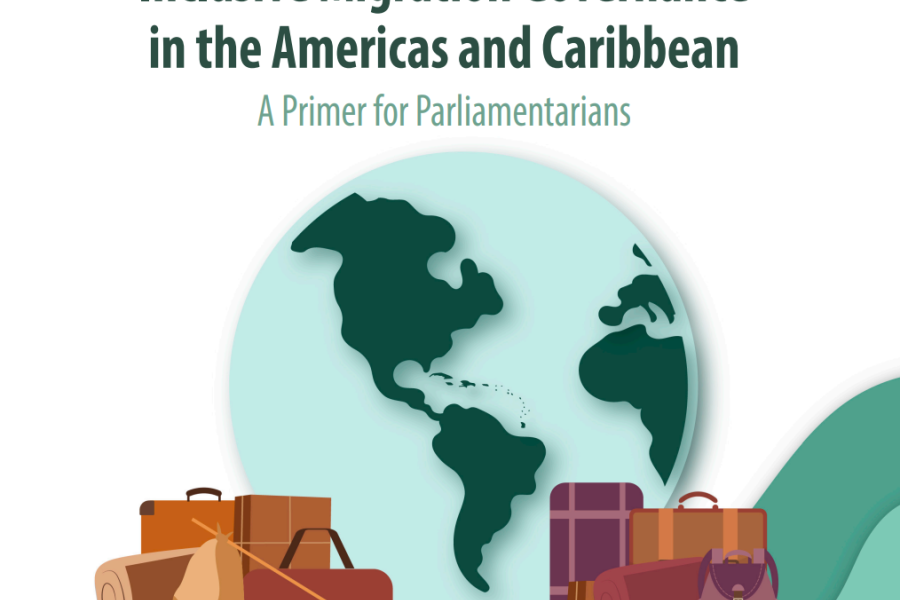
ECLAC and ParlAmericas launch joint report on inclusive migration governance
The report was presented at the Legislative Assembly of Costa Rica by Simone Cecchini, Director of CELADE - Population Division of ECLAC, at the Hemispheric Interparliamentary Meeting "Migration in the Context of Socio-Environmental Challenges", held in San José, Costa Rica from October 23 to 25, 2024. The joint work, prepared within the framework of the memorandum of understanding between ECLAC and ParlAmericas, constitutes a brief guide for parliamentarians on international migration in Latin America and the Caribbean, from the perspective of inclusive migration governance.
Video
Infographic
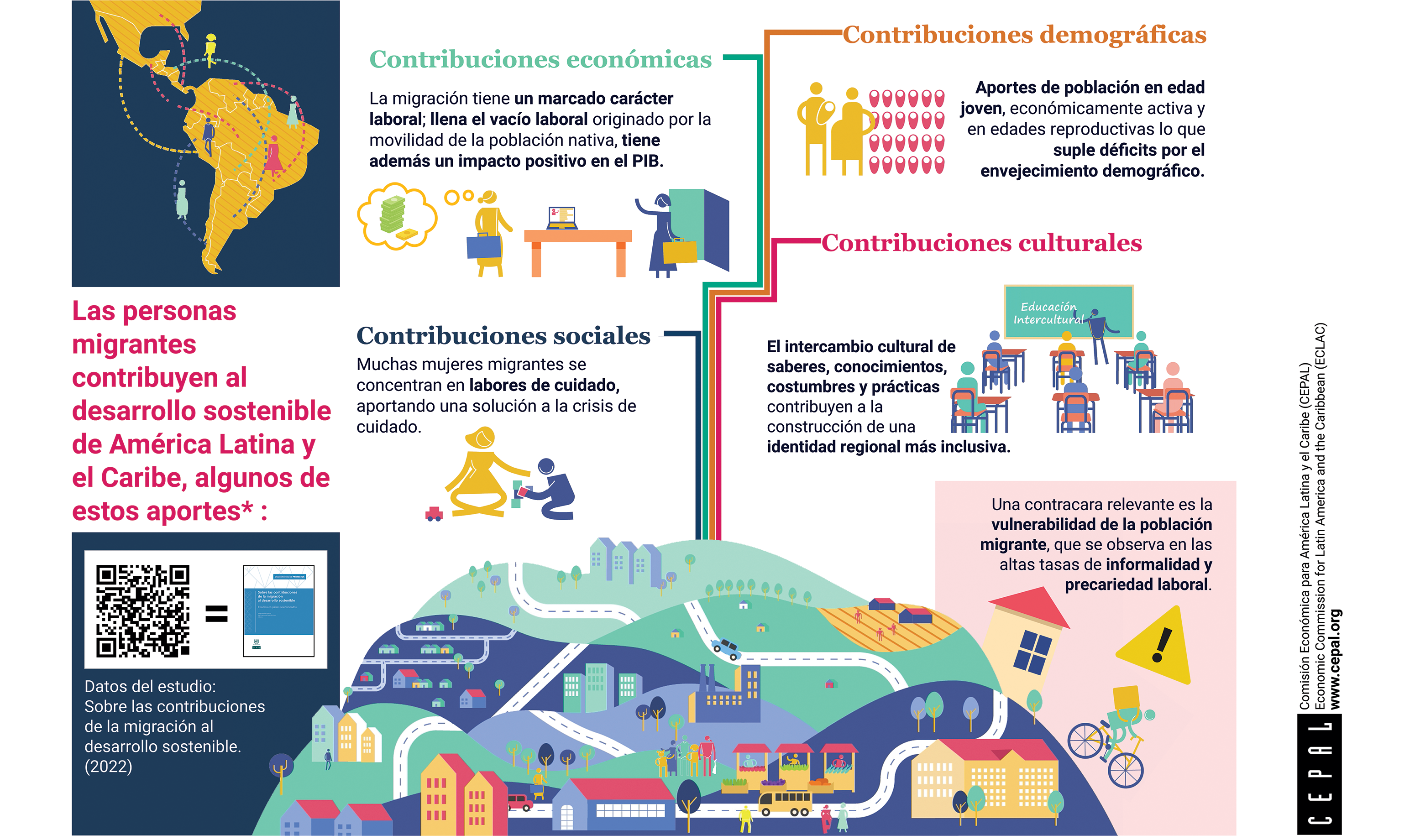
Contribuciones de la migración al desarrollo sostenible
Las personas migrantes contribuyen al desarrollo sostenible de América Latina y el Caribe. Esta infografía presenta un resumen del un estudio realizado por CELADE en 4 países seleccionados en el cual…
Contact
Zulma Sosa
- zulma.sosa@cepal.org
- +562 22102211